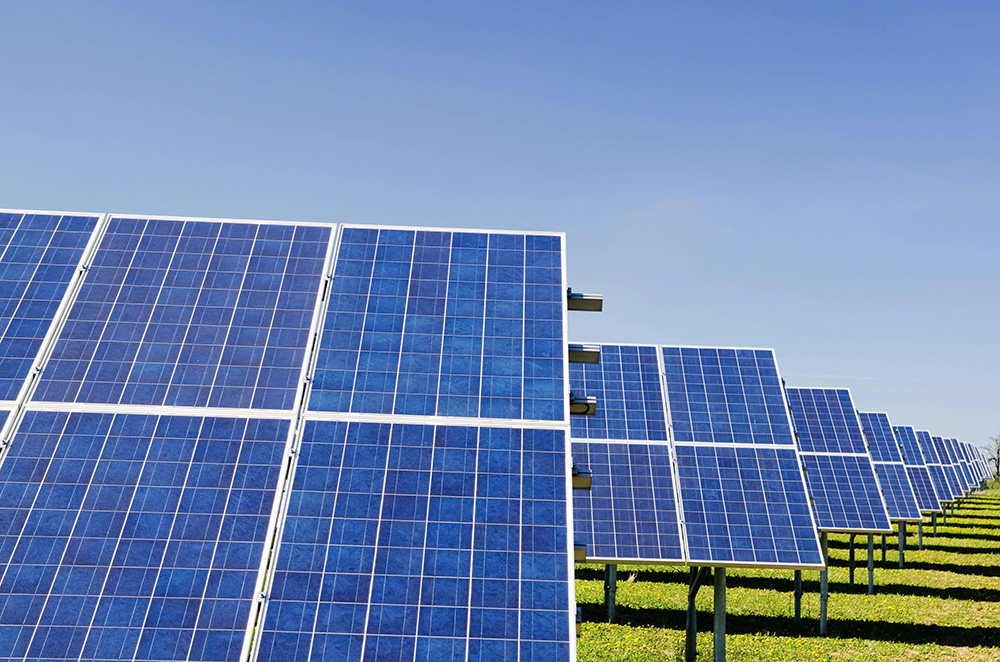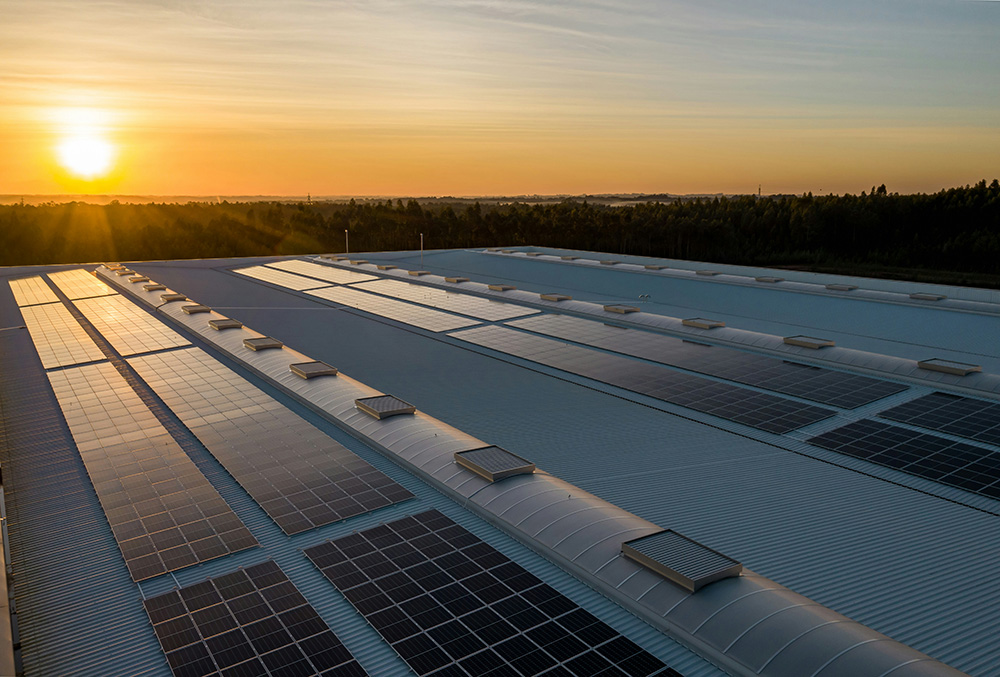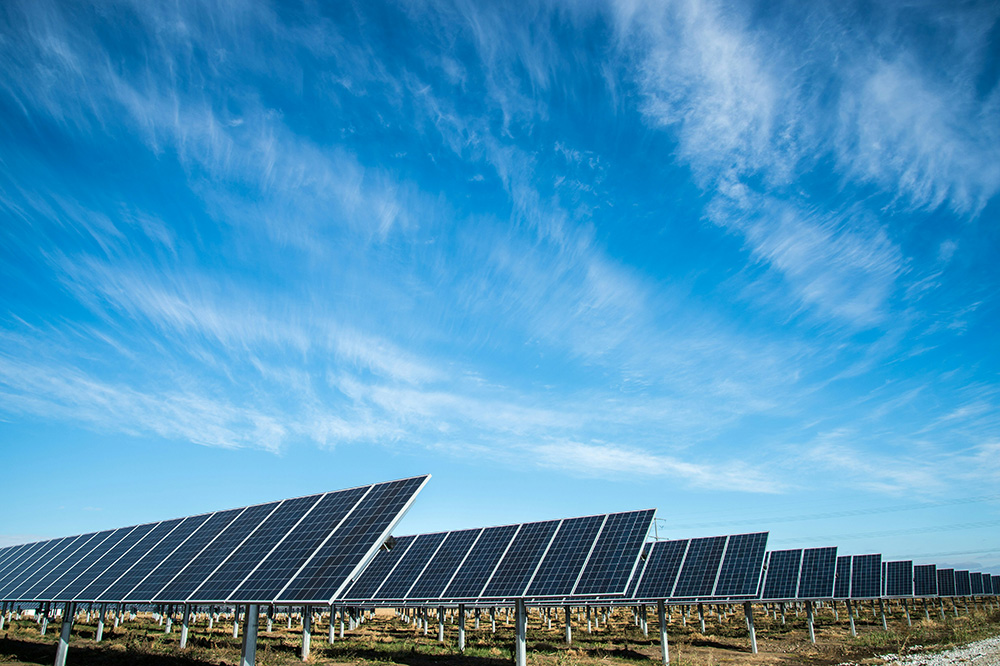Understanding Solar Power Purchase Agreements (PPAs)
An agreement known as a Power Purchase Agreement (PPA) allows a solar system provider to install, own, and run a photovoltaic (PV) installation at your home or an off-site location. You only pay for the electricity you use, and the price per kWh is fixed. The risk of the equipment, installation, maintenance, and investment is assumed by the solar provider. All you have to do is pay for the renewable energy.
PPAs are growing more and more appealing to a large number of organisations and businesses in South Africa and the surrounding nations. Without requiring a large initial investment, they provide a path to renewable energy, less operational risk, and more predictable energy costs.
This essay will compare the two markets, examine how PPAs are developing in South Africa and Lesotho, and offer helpful advice for businesses thinking about using this model.
The PPA Environment in South Africa and the Reasons PPAs Make Sense Today
The energy landscape in South Africa is beset by persistent issues such as load shedding, rising grid costs, and heightened corporate attention to sustainability. PPAs are becoming the go-to financing option for solar energy in this regard. They let companies to purchase solar energy through wheeling arrangements or on-site equipment without having to pay for it up front.
In South Africa, typical solar PPA words are as follows:
10- to 20-year contracts are becoming more common, with shorter flexible options (5–10 years) beginning to emerge.
fixed or increased prices per kWh, which are frequently less expensive than grid rates.
The client concentrates on consumption, while the provider handles installation, operation, and maintenance duties.

Principal Advantages
No Upfront Investment: You save cash flow and financial flexibility by avoiding significant capital expenditures.
Energy Cost Predictability: A set or capped tariff guards against sudden spikes in electricity prices.
Sustainability and ESG Value: PPAs assist companies in enhancing their sustainability reporting and achieving decarbonisation targets.
Load-Shedding Resilience: PPAs can lessen reliance on the grid when used in conjunction with storage or hybrid systems.
Things to Keep an Eye On
Tariff Escalation: Examine escalation provisions carefully. Some have a fixed annual percentage or are correlated with inflation.
System Performance Guarantees: Verify that the agreement includes performance monitoring and that minimum output levels are guaranteed.
End-of-duration Options: Contracts ought to outline your options for purchasing the system, extending its duration, or having the supplier take it down.
Grid and Regulatory Risks: Verify that wheeling costs, credits, and regulatory requirements are well-defined for wheeled electricity.
Battery Integration: Adding storage might increase dependability, but it also makes things more complicated. It is necessary to consider battery warranties, replacement costs, and lifespan.
Current Events
The PPA market in South Africa is developing quickly. Renewable energy is now being supplied to private customers under shorter, more flexible contracts by large-scale projects. Additionally, Eskom has introduced renewable-energy offtake schemes that let businesses to enter into PPAs with terms ranging from five to twenty-five years. This shows that industry and the government are strongly in agreement to increase private-sector renewable generation.
Overview of the Lesotho Market and Context Policy
Compared to South Africa, Lesotho, a landlocked and mountainous nation, has lower rates of electrification, especially in rural regions. Through its Energy Policy 2015–2025, it has established explicit renewable energy targets, giving priority to cleaner power sources and private sector involvement.
By 2025, the government wants to raise renewable capacity to about 200 MW. Lesotho has been creating PPA licensing and contractual frameworks in an effort to draw in private investors. Even though it’s still early, this gives developers a chance to participate as the market changes.
PPAs’ Function in Lesotho
In Lesotho, PPAs are mainly being investigated for off-grid and mini-grid systems that supply rural populations with electricity. Under these arrangements, local consumers, organisations, or municipalities pay for the electricity used, while developers finance and manage solar arrays.
Possibilities and Advantages
Outstanding sun Potential: Lesotho has exceptional sun irradiation due to its high elevation and clear skies.
Better Energy Access: Solar PPAs can increase access to remote locations and lessen dependency on imported electricity.
Positive Social Impact: Long-term solar contracts provide dependable electricity to local businesses, clinics, and schools in rural areas.
Investment Opportunity: Early involvement offers substantial growth potential as the legislative and regulatory landscape develops.
Principal Difficulties
Limited Grid Infrastructure: Because many areas are still off the grid, customised solutions like mini-grids or hybrid systems are needed.
Regulatory Frameworks Still Developing: Since standardised PPA forms and licensing are still being worked out, each contract may need to be negotiated differently.
Greater Risk Premiums: Because this is a new industry, developers may perceive higher risks associated with financing arrangements.
The off-takers’ creditworthiness: Smaller off-takers, such community projects or local municipalities, could require assurances or assistance from development finance organisations.

Comparing South Africa and Lesotho
| Feature | South Africa | Lesotho |
|---|---|---|
| Market Maturity | Mature, with established providers and multiple corporate PPA deals. | Emerging, with growing interest in off-grid and mini-grid solar PPAs. |
| Typical Contract Terms | 10–20 years, often 70–85% of grid cost, with escalation clauses. | Terms vary; still being standardized for mini-grid and rural systems. |
| Key Benefits | Proven cost savings, no upfront capital, sustainability benefits. | Expands access to energy, high impact on rural electrification. |
| Main Challenges | Regulatory complexity, wheeling and escalation risks. | Infrastructure gaps, regulatory development, smaller off-takers. |
| Ideal Off-Takers | Large commercial and industrial users with predictable energy needs. | Public institutions, small businesses, or community projects. |
South Africa offers scale and predictability, while Lesotho provides frontier opportunities and developmental impact. Together, they represent the range of potential for solar PPAs in Southern Africa.
Doable Actions for Businesses Thinking About a PPA
1. Perform a thorough feasibility study
Examine your load profiles, shading conditions, grid connections, available panel space, and trends of energy use. Negotiating reasonable PPA terms requires a strong technical and financial feasibility analysis.
2. Recognise the Tariff System
Find out what factors affect the per-kWh rate and how it is determined. Find out if there are service or demand costs, how escalation operates, and whether a minimum system output is guaranteed.
3. Examine the terms of the contract and your exit options.
Verify the duration of the contract and the alternatives at the conclusion of the period. Is it possible to purchase the system, extend the contract, or ask for its removal? Make sure the PPA has clauses pertaining to relocation or property transfers.
4. Clearly Define Maintenance and Performance Responsibilities
The supplier should be given maintenance, insurance, and monitoring duties via a proper PPA. Verify that if the system works poorly, there will be fines or corrective actions.
5. Talk about Grid and Regulatory Aspects
Verify grid wheeling fees and municipal restrictions in South Africa. Verify that the supplier in Lesotho has obtained the necessary licenses and authorisation to operate a grid or mini-grid.
6. Execute Financial Situations
Examine the overall expenses under the PPA in comparison to continuing to use the grid. Simulate various rates of escalation and potential increases in grid tariffs. Take into account possible financing delays and currency exchange risk in Lesotho.
7. Pick a Trustworthy Supplier
Choose a seasoned supplier with a track record of completed projects, solid financial support, and dependable maintenance skills. Seek partners who collaborate with international development organisations or local stakeholders in developing nations such as Lesotho.
In Southern Africa, solar power purchase agreements are changing the way electricity is paid for and used. They are becoming a common option for companies in South Africa looking for dependable, reasonably priced renewable energy without having to make a large financial investment. They have great potential to increase electricity access, lessen reliance on imports, and promote sustainable development in Lesotho.
Understanding the specifics of the contract, assessing potential long-term savings, and selecting a reliable partner are crucial for every organisation. PPAs offer a realistic and progressive route to clean energy independence, whether you’re a development organisation energising rural villages in Lesotho or a Cape Town manufacturer trying to reduce energy expenses.
